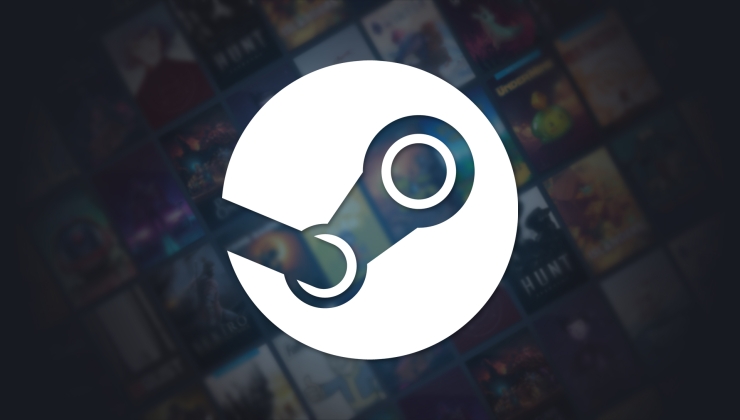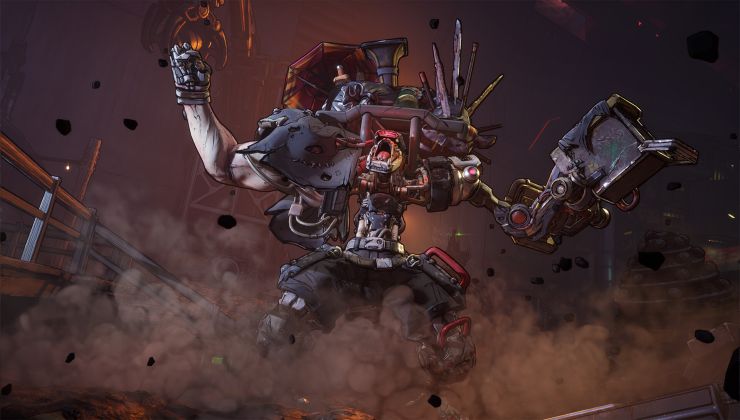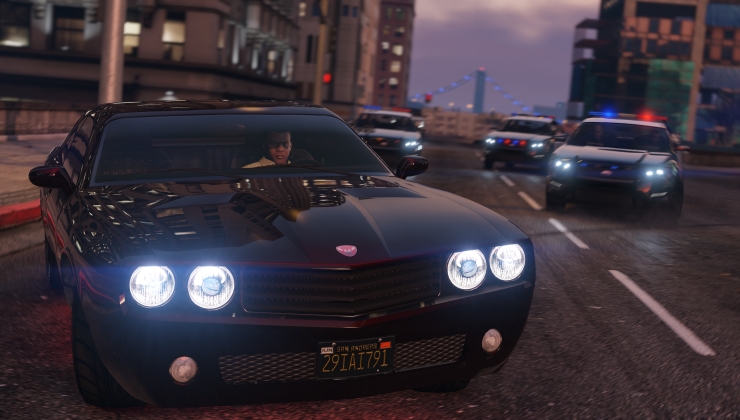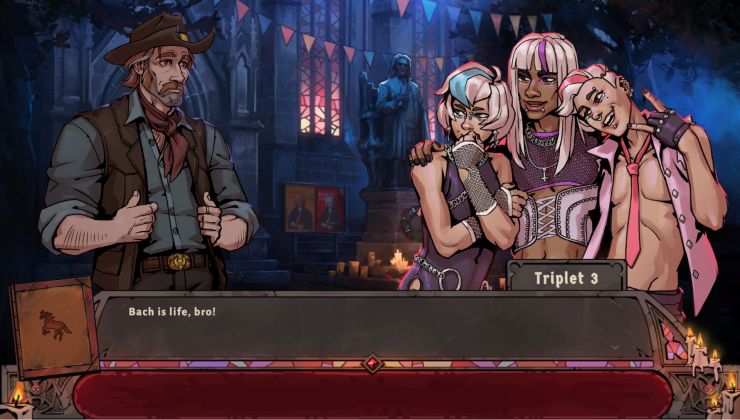Return to Part 1: Dumpster Diving
Continued from Part 27: Lost Souls
One of the titles that Loki Software released for Linux was Tribes 2, an online multiplayer shooter which was the first game to be released using the Torque Game Engine. Torque 3D would go on prove to be a favourite of a number of independent developers over the next decade, with the engine's maintainer GarageGames stepping in to distribute several of the games produced with it for Linux themselves. This included a game of their own devising, Marble Blast Gold.
Marble Blast was first released in 2002, before being updated to Marble Blast Gold in 2003. A six level playable Linux demo was released through the MarbleBlastGoldDemo-1.4.1.sh.bin installer. The goal of the game is to navigate an autonomous marble through a 3D playing world, collecting all of the gems needed and using the power ups provided to overcome the obstacles preventing you from progressing on to the next level.
Anyone who has ever played the free software title Neverball should be familiar with the basic concept, the main difference being that with Marble Blast you control the marble directly, rather than shifting around the floor to roll a ball. These kinds of high reflex games have a way of trying both my nerves and patience before long, but the appeal sure is there for some. The graphics are bright and colourful, while the music and narration remain jovial.
To its credit Marble Blast Gold and the Torque Game Engine powering it do run rather well, even on a computer which would have been well into its operating life by the time the game came out. Marble Blast Gold stayed performant even when set to display at higher screen resolutions such as 1024x768 or when using 32 bit colour depth; the only exception being enabling Stencil Shadows, which does hammer the frame rate something fierce.
I also find the selection of levels in the demo to be puzzling. I would have just included all of the early beginner levels, which introduce all of the mechanics before letting you tackle your first real challenge. The demo can also be a bit obnoxious, with it showing a begging screen imploring you to buy the full game after completing each and every level. Considering the state of the registered version as it exists now, this can feel more than a bit galling.
Marble Blast Gold never saw a retail release, with it just being sold as a digital download through the GarageGames website. The game has been unavailable for purchase since being removed from their store in 2011, and even if you had purchased the full version back in the day, you can no longer verify your key as the registration server is down. While both Windows and Mac saw versions which had the Ignition DRM stripped out, on Linux the game is left unplayable.
Thankfully the Marble Blast community has provided Linux users with a couple of alternate ways to keep playing the game. Marble Blast Web is a port of both Marble Blast Gold and the community made Marble Blast Platinum that allows both games to launch inside a modern web browser. While appearing almost identical, the physics are actually quite different to those found in the original game, having been optimized instead with a view to reaching a wider audience.
A more faithful web version of the game is the Marble Blast Haxe Port, which boasts 99% identical physics, although it gave me some issues with inputting my name. Either gives you access to what amounts to the full version of the game along with full source code available from GitHub, both being the product of clean room reverse engineering. Some interest has even been shown in using these to make new native Linux binaries, but the web versions are more universal.
GarageGames sold alongside Marble Blast Gold another ten games for Linux on their website, including Bridge Construction Set, Orbz, ThinkTanks, Gish, Dark Horizons: Lore Invasion, Zap!, Tribal Trouble, Toribash, FizzBall, and Kachinko, almost all made with the Torque Game Engine. Following the closure of their store in 2011 GarageGames would at least open up the source code to Torque, allowing the engine to continue to enjoy success in Indie and free gaming circles.
The more I explore these early independent Linux games that were distributed and sold through the internet, the more dismayed I have become at how easily they seem to be succumbing to the digital dark age without a physical release to anchor them. Thanks to a tip from one of my readers however, and the help of the original developer, I can now shine a light on another title which otherwise would appear to have been lost to history.
Carrying on in Part 29: The Odyssey
Return to Part 1: Dumpster Diving
I didn't know that they didn't do any updates to run Amix on A4000.Yeah, I believe the requirements are an 030 or 040, SCSI, and doesn't work on AGA machines.
Can the Atari computer dual-boots Mint and Atari System V UNIX?I would suppose it'd depend on how you partitioned your drives as long as you use one of the boot loaders / or hard drive drivers that allow a dual boot. Though I think I'd just use microSD cards to switch between them :)
It starts to look similar to the installation process of Nvidia drivers on Debian Sarge.Yeah, it was very similar to that before the nvidia drivers were packaged.
A/UX could run the software for Mac, which is awesome. Unfortunately, the last version of A/UX didn't contain any updates for System Software 7. In this case, it will probably run only early applications for System Software 7. It's still the only classic Unix that can run many popular games and applications from that period. We don't have to use DOS.Yeah, while I don't have an A/UX system, I do own an SGI Octane! IRIX on that thing is rather snappy, surprisingly. I need to do a fresh install on it with the latest version though... Holy crap is that a hefty box!
IRIX was cool for someone interested in running some popular applications. On the other hand, the prices of these computers are scary.







 How to set, change and reset your SteamOS / Steam Deck desktop sudo password
How to set, change and reset your SteamOS / Steam Deck desktop sudo password How to set up Decky Loader on Steam Deck / SteamOS for easy plugins
How to set up Decky Loader on Steam Deck / SteamOS for easy plugins
See more from me